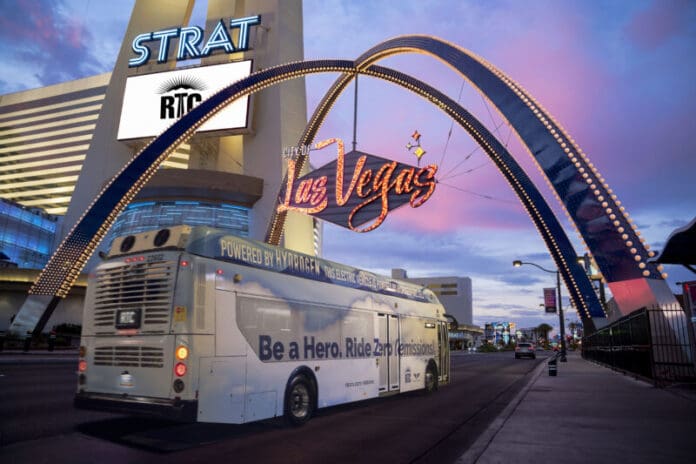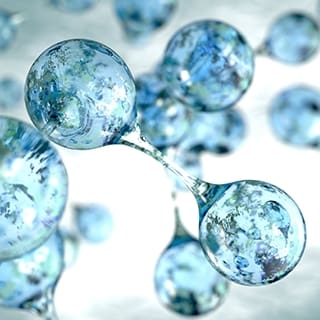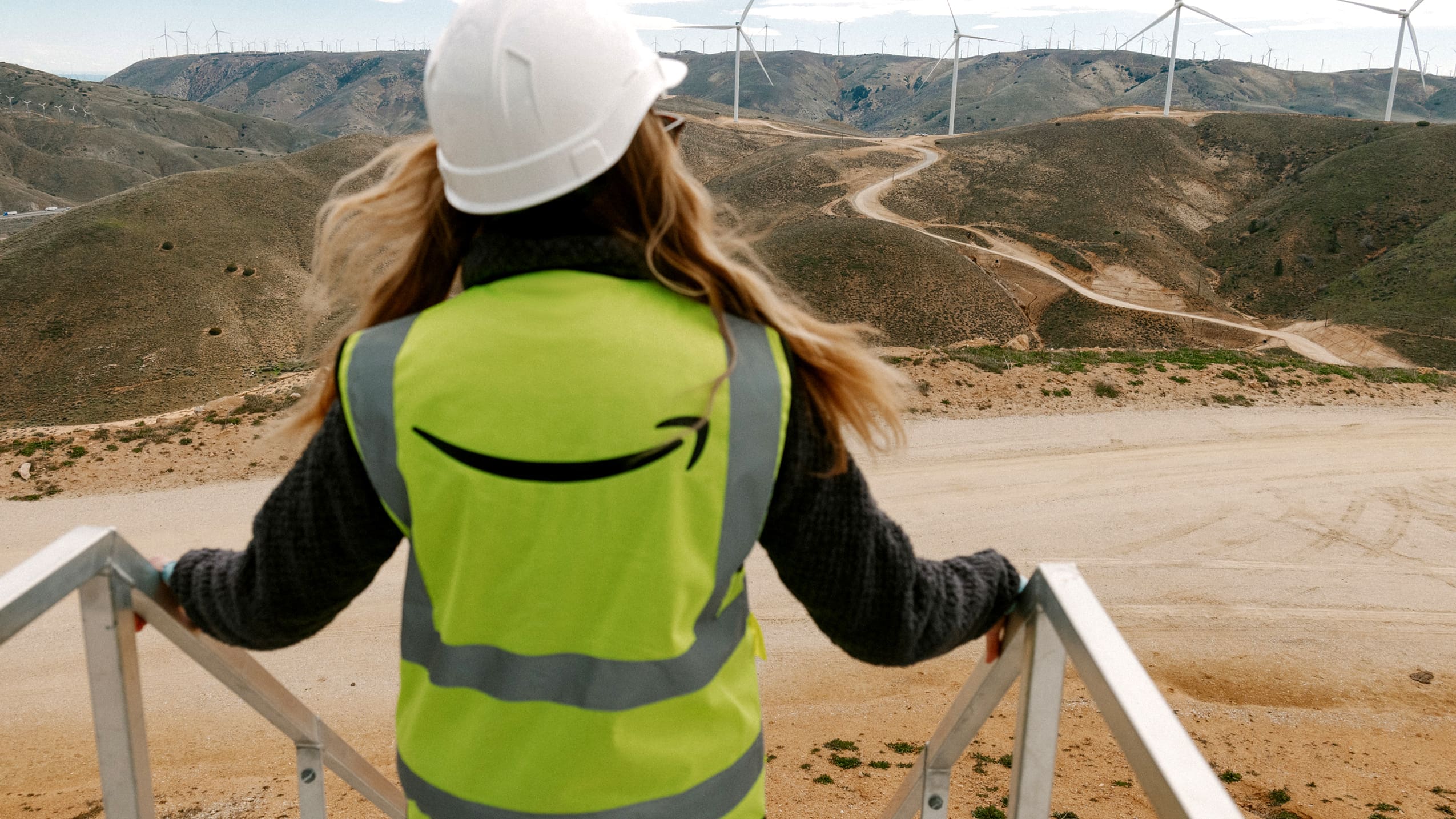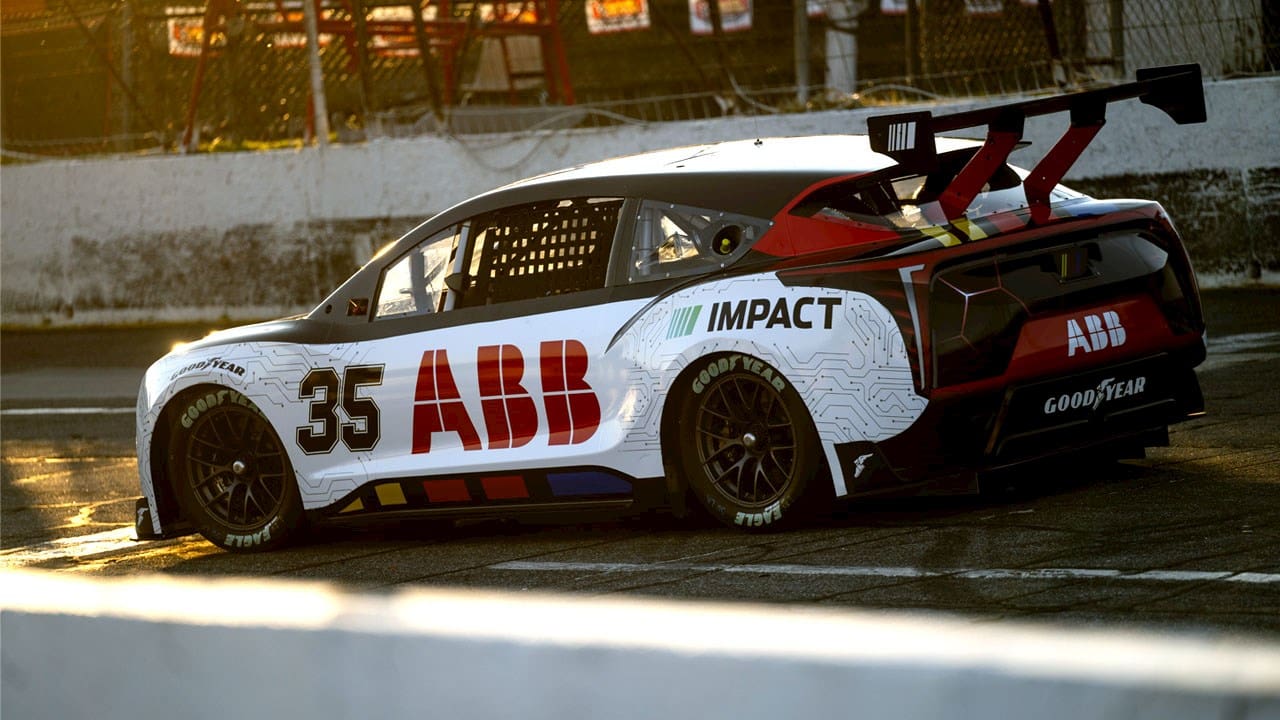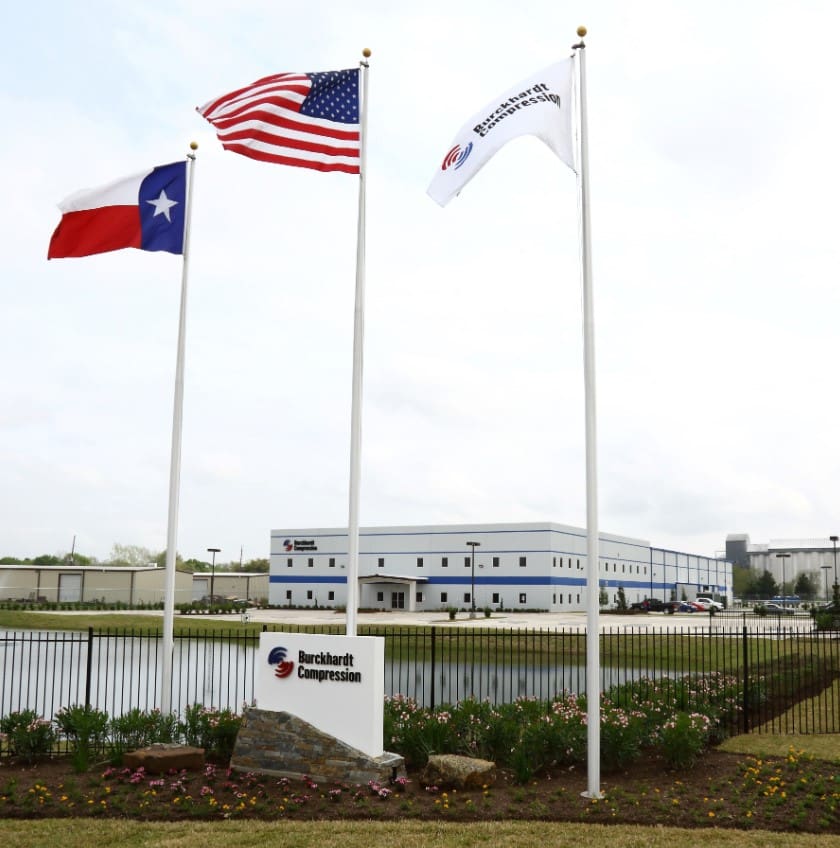The Regional Transportation Commission of Southern Nevada (RTC) celebrated its addition of two hydrogen fuel cell electric buses to its fleet. This technology is the first of its kind in Nevada, and the buses are the first hydrogen fuel cell electric buses to be operational statewide.
On August 17, RTC hosted an event at the University of Nevada, Las Vegas’ Black Fire Innovation. At the event, one of the two 40-ft. (12.2-m) vehicles was unveiled with the help of US Senator Catherine Cortez Masto, US Representative Susie Lee, Nevada Senate President Pro Tempore Pat Spearman, RTC Chair and Clark County Commissioner Justin Jones, and RTC Chief Executive Officer (CEO) MJ Maynard.
“I launched my Innovation State Initiative to bring new jobs to Nevada and promote emerging clean energy technologies just like these new hydrogen fuel cell electric buses,” said Senator Cortez Masto. “These buses are easier to maintain, quieter, and help us combat climate change. I was proud to work with RTC of Southern Nevada to help secure funding to get these new buses on the streets.”
The technologically advanced vehicles were funded with a US$3.8-million Low- or No-Emissions Grant from the US Department of Transportation. The grant also provides funding to train staff to maintain and operate the new technology.
“As Southern Nevada steers toward a greener future, embracing sustainable transportation options is a responsible environmental choice that drives our community forward,” said Jones. “By investing in sustainable technology, we’re creating green-collar jobs that benefit both our environment and economy.”
The new fuel cell buses are powered by compressed hydrogen gas, a naturally abundant element. The fuel cell combines hydrogen and oxygen to generate electricity through an electrochemical process. The only resulting byproduct is water.
This technology has numerous advantages compared to other power sources. Hydrogen fuel cells do not release greenhouse gases and create little to no noise while the bus is idle and in motion. Fuel cell vehicles can be fueled in less than 15 minutes and can operate for longer periods of time, which will support the RTC’s operating routes.
Seven additional 60-ft. (18-m) hydrogen fuel cell buses have been ordered and will be delivered to southern Nevada in the fall of 2024. The new buses were manufactured by New Flyer and feature fuel cell technology by Ballard. The hydrogen for the first two vehicles is provided by Air Products.



